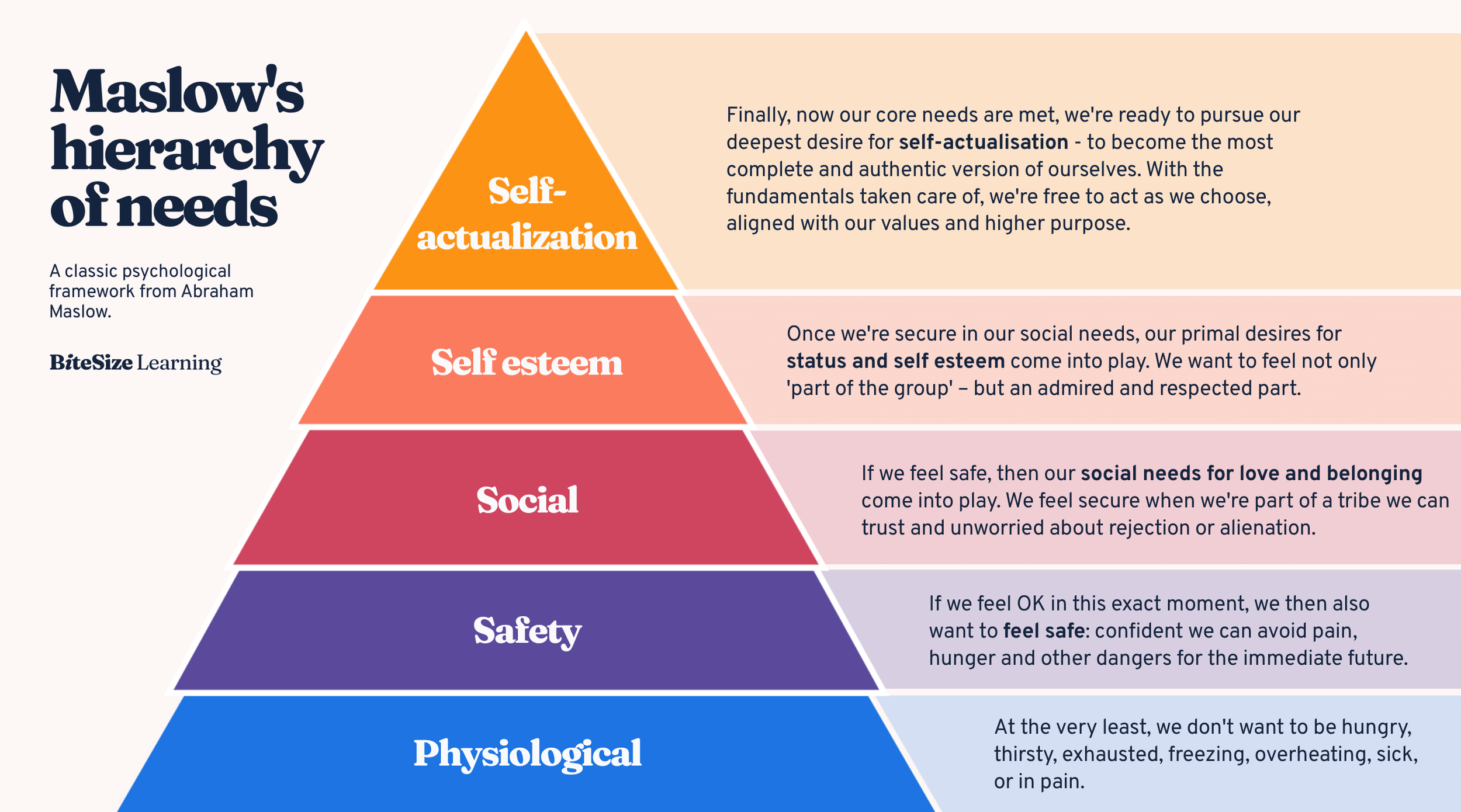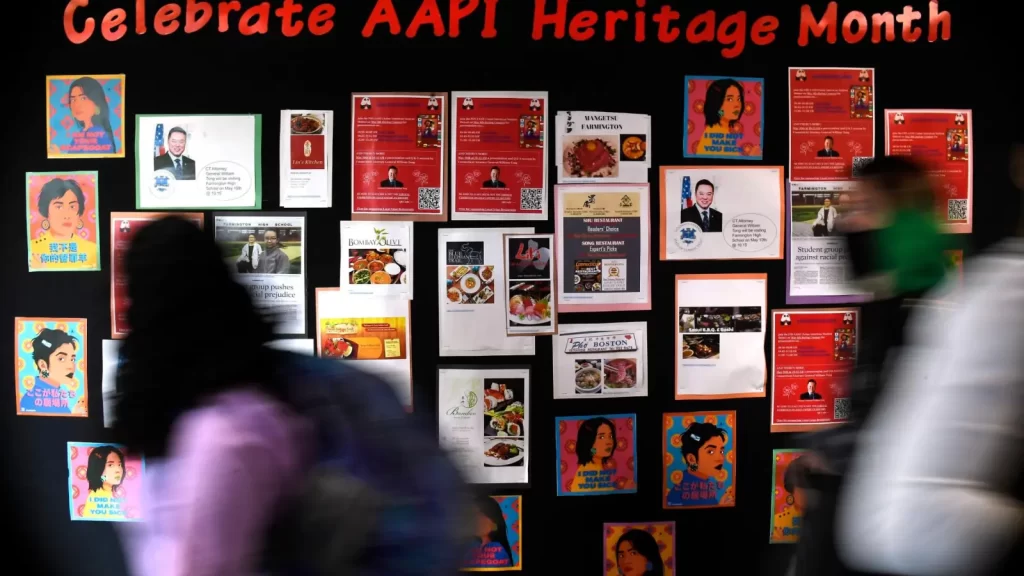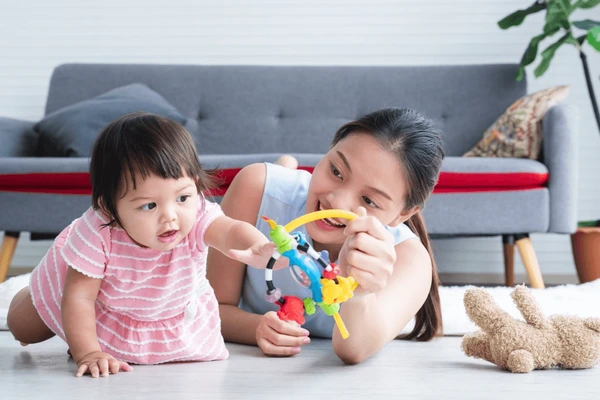Dealing with a breakup is one of the hardest, most heart-wrenching experiences life throws at us.
And let’s be real—it hurts like hell.

Your first breakup usually feels the worst, and though we get better at managing over time, it never truly gets easier.
Some of us toughen up, learning to ride the emotional waves, but surviving isn’t the only goal—there’s strength in embracing the pain and realizing that breakups, though devastating, can lead to transformation.
Think about it—some of the best songs have come from breakups (Adele’s Rolling in the Deep, anyone?). Similarly, many people use that pain as motivation to get in the best shape of their lives.
Channeling that negative energy into something positive can be life-changing. But not everyone bounces back so easily—some struggle to shake the pain. So, what’s really happening in our brains when a relationship ends?
The Power of Human Connection
Human connection is very powerful.
Being understood and loved is a need, not just a want.
Maslow’s Hierarchy of Needs Pyramid puts love and belonging as a priority. Even though the pyramid has changed through further study, the need for love and its importance has not.

Feeling loved releases neurotransmitters and chemicals that are important for pleasure, passion, and other intense emotions.
The best way to deal with a breakup is to treat it like overcoming an addiction. This means going through the necessary processes to truly get over it.
Avoid Rebounds. You don’t need another relationship right now!
After a breakup, some enter a new relationship, not giving themselves the time they need to go inward and reflect.
We often do this to distract ourselves from the emotional pain of the recent breakup.
These rebound relationships often fail within a few months, leaving the individual back at square one, this time hurting even more than before.
As Sanjana Gupta explains in her article on rebound relationships, this happens because the emotional work that needs to be done after a breakup can’t be skipped or bypassed with a new relationship.
Rebounds are often a reaction to the previous relationship rather than a conscious decision to move forward.
According to Micaela Stein, LCSW, rebound relationships are often brief and emotionally confusing, as the person may still be grappling with unresolved feelings from their past relationship.
Instead of seeking comfort in someone new, take the time to heal.
The healing process requires time—no distraction, intimacy, or new relationship can replace that.
Breakups can lead to personal growth, but only if you give yourself space to process and learn from the experience. Rushing into something new can delay true recovery and even set you back emotionally.
In the end, healing takes time. It can’t be bypassed with distractions or quick fixes.
Remember, time is needed to process and release all the bottled-up emotions.
The Healing Process
The healing process from a breakup manifests differently for everyone.
Some people experience anger, which is often seen as a sign of immaturity and negativity.

They might curse out their ex or claim they never loved them, but this is also a necessary step for some.
Others may feel sad and depressed. They overthink whether their past relationship was real love.
There are also those who want to find a way to get the relationship back.
No matter the reaction, these emotions are all part of the process. It’s important to allow yourself to feel them in order to eventually heal and move forward.
The Toxicity of Continued Contact
Staying in contact with an ex can prevent this healing, keeping emotions raw and unresolved.
Seeing them move on without you, or seeing them in a new relationship just plain hurts.
What’s worse is if it ends badly.
Some ex-partners will vent their anger about you to mutual friends.
It can make you question who your friends are, whether your relationship was genuine, and your own self-worth.
It’s important to understand that a breakup is never easy for either party, and it’s not a competition to see who can move on the fastest.
Each person has a unique healing process, so find out what yours is and focus on that.
Moving Forward
The best way to manage a breakup is to limit interaction with the person who seems to have control over your emotions.
- End all contact with them and lean on your support system.
- Understand that all the emotions you felt in your relationship were real.
It’s okay if those feelings are no longer present. Healing takes time, and it’s a personal journey that shouldn’t be rushed.
A Teenager’s Perspective on Breakups: Embracing Self-Love and Family Support
Young love is a unique and intense experience. The thrill of a new relationship can make everything seem perfect, but as many of us know, young love doesn’t always last forever.
Recently, a friend of mine, a teenager navigating her first breakup, shared her heartfelt journey with me. Her story highlights the pain of heartbreak and the powerful role that self-love and family support play in healing.
Navigating the Pain of Heartbreak
Breaking up for the first time is incredibly tough. For my friend, the end of her first love felt like losing a part of herself.
She realized that she had become so absorbed in her relationship that she had neglected her own well-being.
The loneliness and sense of loss she experienced were overwhelming. However, through this painful process, she discovered an important lesson: the significance of self-love.
The Role of Family Support
Family support proved crucial in her journey to self-love.

Her mother, in particular, played a significant role. She wasn’t just a shoulder to cry on; she was a guiding voice encouraging her to rediscover her own strength and independence. Through both emotional support and practical actions, like offering her favorite foods or suggesting outings, her family helped her cope with her feelings of sadness.
Parents, this is where you can make a real difference. Being present and supportive during such times is vital. Validate your teen’s feelings and share your own experiences if you’re comfortable doing so. Even if you don’t have personal stories to share, simply being there to listen can make a world of difference.
Validation and Persistent Check-Ins
Validation of emotions is essential. My friend’s family made sure she felt heard and understood, sharing their own stories of first loves to let her know she wasn’t alone.
Persistent check-ins and small acts of kindness, like her father sharing his tacos, provided comfort and helped her feel less isolated in her grief.
Insights from Experts
Amy Chan, the founder of Renew Breakup Bootcamp, provides valuable insights into the healing process.
According to Chan, the initial stage of dealing with a breakup is shock. It’s important to allow yourself to feel and process these emotions without rushing into self-analysis.
Acceptance comes next—understanding that the relationship is over and using the experience as a platform for personal growth is crucial. C
han’s research-backed advice underscores the importance of taking these steps to build healthier future relationships.
In the End…
Breakups are complex emotional journeys that require time and self-reflection to heal. By treating the healing process like overcoming an addiction, you can avoid rebound relationships and manage your emotions in a healthier way.
Lean on those who care about you, and focus on taking care of yourself. With time and support, you’ll find peace and be able to move forward.








